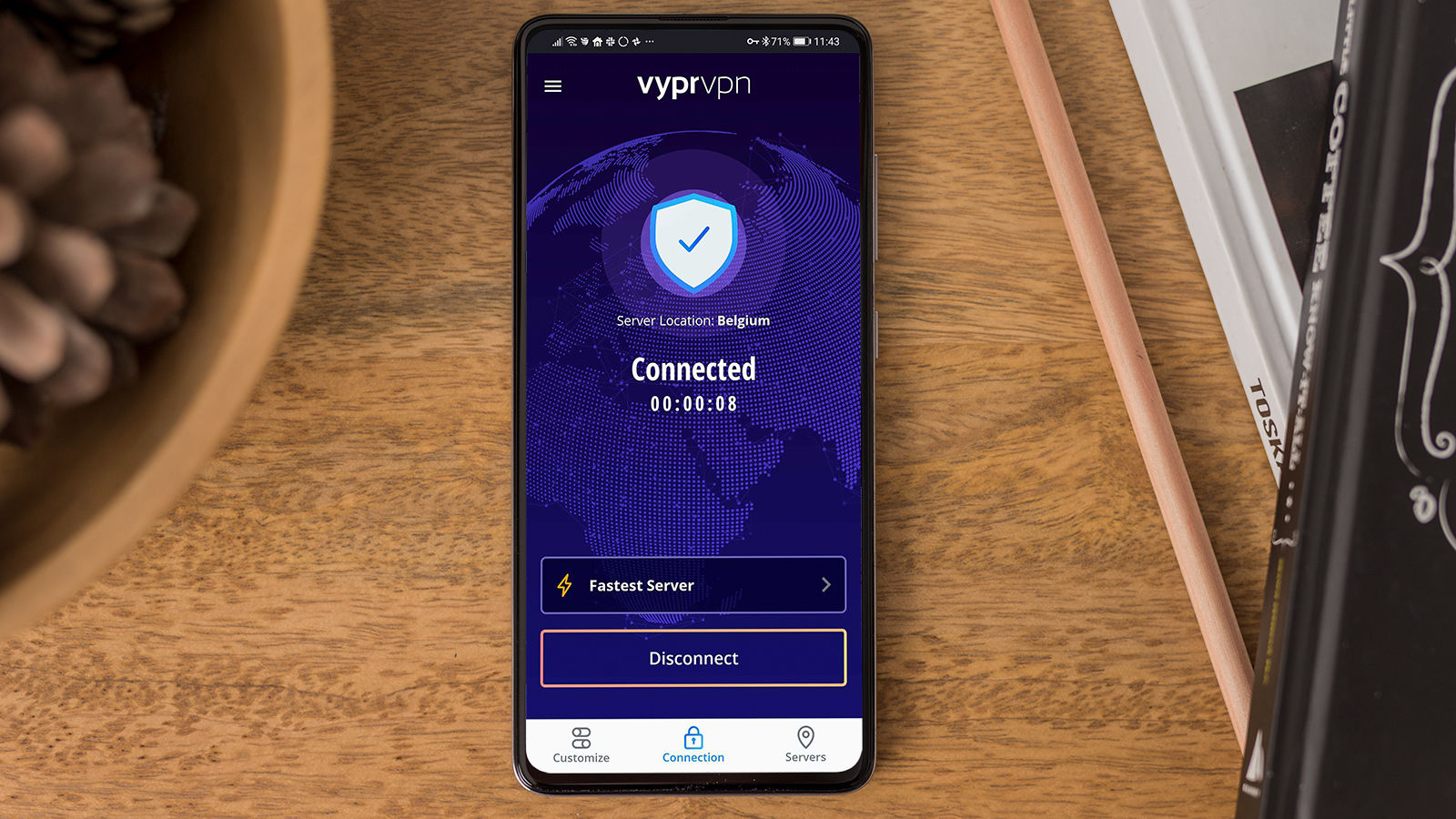Your IP address might be just a sequence of numbers, but it tells the world more about you than you might think. Those numbers aren’t random: they’re a bit like car registration plates and can be used to glean such information as your physical location, with surprising accuracy. Put together all the information that a website receives from your web browser, and advertisers (and basically anyone that wants to) can even identify who you are.
If you care about your privacy – and you should – then this is bad, and it is a good enough reason in itself to want to hide your IP address. But there are other reasons you might want to obfuscate it, such as accessing websites or videos which use your IP address to detect your broad location and then block the content because it isn’t licensed for your region, or because of GDPR rules (which is why some US sites refuse to allow people browsing from the EU to look at their pages).
Hide your IP address using a VPN
Protecting your online privacy is getting harder and harder these days. And depending upon where you live in the world this can be outright dangerous. Maybe you don’t live in one of those countries and you’d simply rather keep your online activities to yourself. Thankfully there are ways to mask your real IP address by replacing it with a different one. A bit like a private car registration.
Without a doubt, the easiest way to hide your IP address is by using a VPN. These Virtual Private Networks route your internet connection via one of their servers and displaying an entirely different IP address to observers (such as websites and other online services).
The replacement IP address can be from anywhere in the world (assuming the service you use has servers all over the world), which also means that VPNs are often used to circumvent regional restrictions on services such as Netflix.
Again, depending upon where you live, a VPN may or may not be legal.

VPNs also encrypt the data that travels to and from the servers you visit, thus providing an added layer of security for everything you do.
The Opera web browser has a VPN built-in (well, more of a proxy really) but there are a number of VPN services which do a better job of keeping your data private.
Two that we recommend are NordVPN which at the time of writing was offering 70% off its usual monthly price, and ExpressVPN which is more expensive, but offers a premium service which you can read about in our review.
Use a proxy server
A proxy server is a bit like a VPN, in that it routes your internet connection via an online server so your original IP address is masked as you browse online.
Just as with VPNs, Proxies are often used to get around geographical content blocks, and are also popular in parts of the world where the internet is more heavily regulated.

While proxy servers are a valid way to hide your IP address, they come with more risk attached to them than some of the more reputable VPN sites. In the past there have been instances of the proxies themselves tracking people’s activities, and as the information on a proxy isn’t encrypted as it is on a VPN there is also the potential to have your data collected.
Use Tor
One name that is synonymous with online privacy is the Tor browser. For many years this has been the go-to app for people that don’t want their online activities monitored or traced by governments, corporations, or hackers.

Tor is a free, open-source, downloadable browser that uses volunteer servers to bounce your connection around the world and make it extremely hard for anyone to find out what you’ve been up to.
The emblem of Tor is an onion, which represents the layers of encryption that further protect user data, while bringing tears to the eyes of intelligence agencies the world over.
There is one drawback, though, and this is the fact that using the Tor browser isn’t exactly the fastest experience in life. Applying those encryption layers, and rerouting your data throughout the globe, exacts a toll on performance. If you’re still keen, read our guide which explains how to use Tor.
Android users will be happy to note that there is also a version of Tor available for phone and tablet which goes under the interesting name of Orbot.
Again it’s free, and employs the same levels of chicanery to hide your location. Tor has yet to create an app for Apple devices, but here’s how to browse anonymously on iPhone and iPad.


